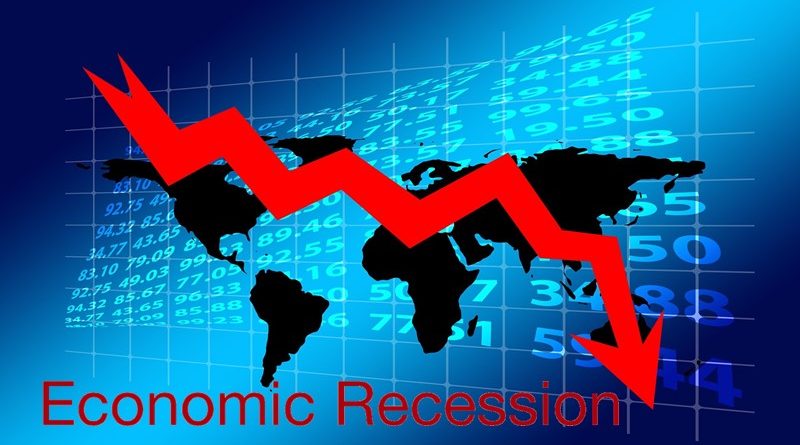One third of the global economy will be in recession in 2023, says IMF Managing Director, Kristalina Georgieva
The Managing Director of the International Monetary Fund (IMF), Kristalina Georgieva, has predicted that a third of the global economy will be in decline in 2023 with recession. According to her, it would feel like a recession to hundreds of millions of people, even in nations that are not experiencing one.
She further warned that 2023 will be a difficult year for most of the global economy as the US, Europe, and China, the three primary drivers of global development, will be experiencing recessions and weakening activity. The coming year, 2023, will be “tougher than the year we leave behind.”, she added.
The IMF revised down its forecast for global economic growth in 2023 in October, taking into account the ongoing negative effects of the conflict in Ukraine, as well as inflationary pressures and the high interest rates imposed by central banks like the US Federal Reserve to quell those price pressures.
According to Georgieva, China is projected to grow at or below global growth for the first time in 40 years as Covid-19 instances increase as a result of the country’s ultra-strict zero-Covid policy being abandoned.
In the meantime, according to Georgieva, the US economy is bucking the trend and may avoid the complete collapse that might affect as many as a third of the world’s economies. She claimed that the US is most resilient and may avoid recession. The labor market is still expected to be relatively robust.
This is a mixed blessing, according to Georgieva, because if the labor market is particularly robust, the Fed could need to maintain higher interest rates for a longer period of time in order to reduce inflation.
Because of the conflict in Ukraine, inflation has been slowly increasing throughout the EU, and higher borrowing rates have also hurt consumers and businesses. Data that was made public over the weekend indicated that the Chinese economy will be weak towards the end of 2022.
The official purchasing managers’ index (PMI) for December revealed that as coronavirus infections spread throughout the nation’s factories, factory activity in China declined for the third consecutive month and at the highest rate in over three years.
In the same month, housing prices in 100 cities decreased for the sixth consecutive month, according to a survey conducted by China Index Academy, one of the biggest independent real estate research businesses in the nation.
Because of the US economy’s slump, there is also reduced demand for goods created in China and other Asian nations like Thailand and Vietnam.
Because borrowing is more expensive and interest rates are higher, some businesses may decide not to invest in growing their operations. Investors may withdraw funds from an economy due to a lack of growth, leaving nations—particularly those that are poorer—with less money to pay for essential imports like food and energy. A currency’s value versus that of more successful economies can decline during these slowdowns, aggravating the problem.
Governmental economies are also impacted by increased loan interest rates, particularly emerging markets, which may find it difficult to pay back their debts. China has been a key trading partner for the Asia-Pacific area for many years, and it has also provided economic support during times of crisis.
Asian economies are currently dealing with the long-term financial consequences of China’s response to the pandemic. As Beijing ceases zero-Covid, production of goods like Tesla electric vehicles and Apple iPhones might resume.




Pingback: The global economy could enter a recession in 2023, warns the World Bank - - BusinessTrumpet News